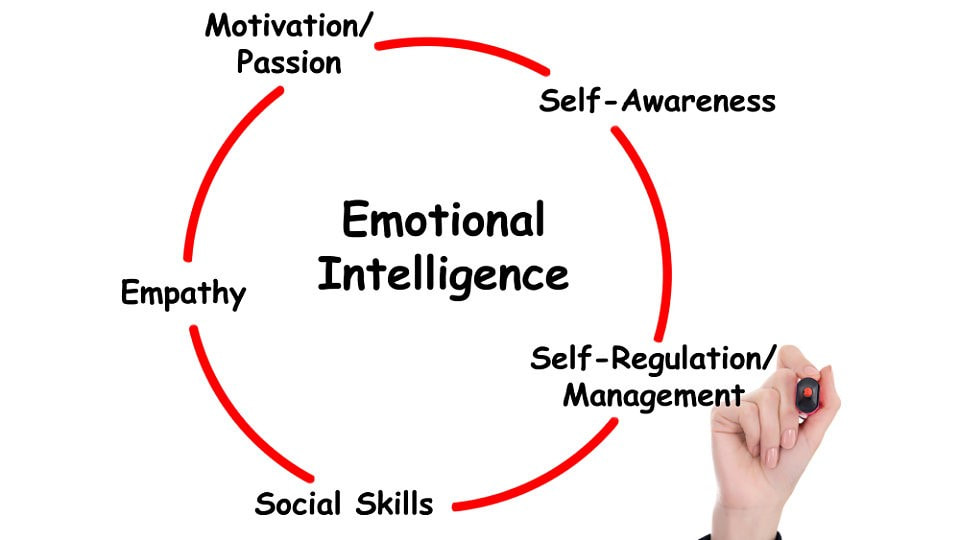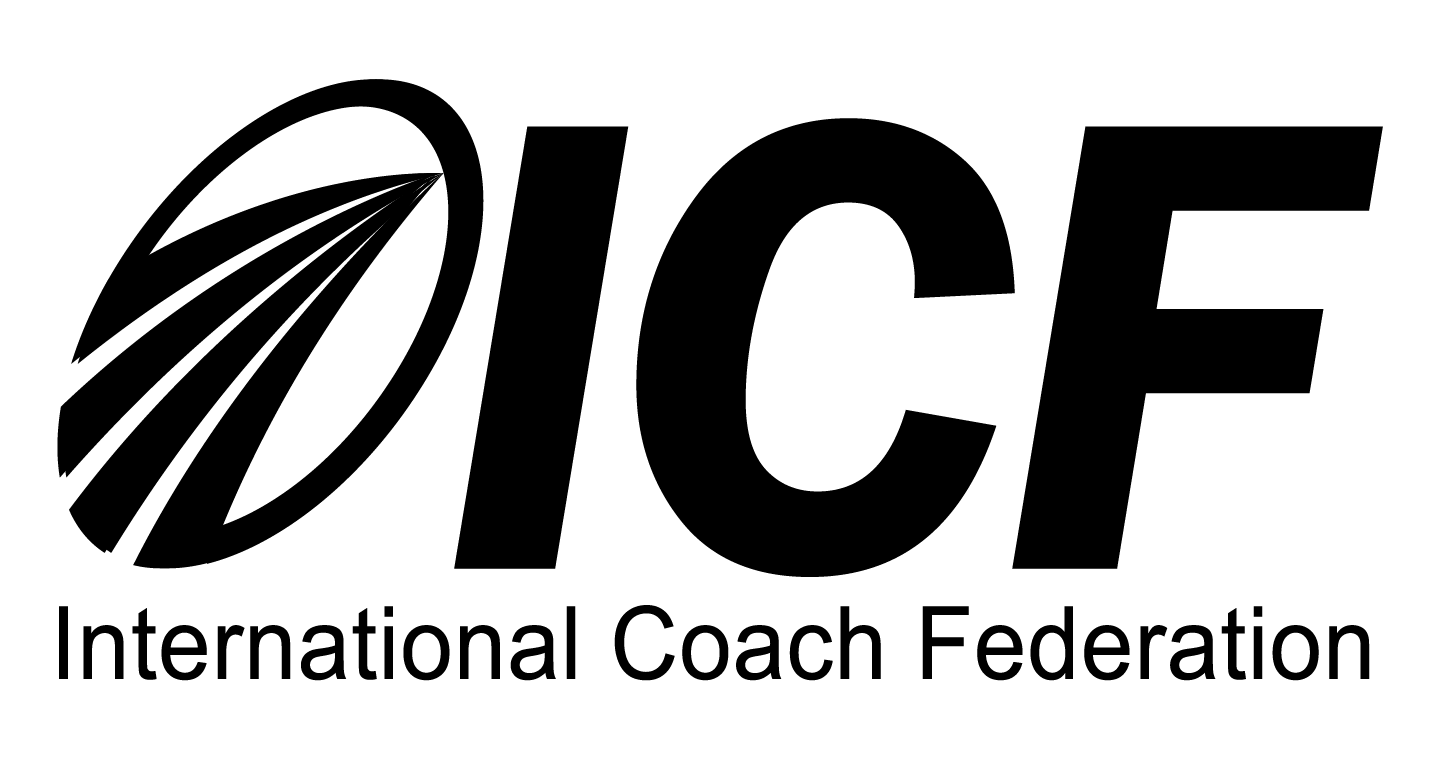|
Most of us have experienced a technically competent leader, possibly an expert in his or her field, who seems to consistently miss the mark when it comes to emotional intelligence (EI). EI, sometimes also referred to as “EQ”, is the ability to express and control our emotions and our ability to understand, interpret and respond to the emotions of others. A leader with low EI is unable to regulate their response to external triggers or exhibit concern or interest in those tasked with following their lead. They are often characterized as demanding and aloof, lacking empathy and rarely show gratitude for the effort and work of others, but quickly pounces when they are off target. Sound like someone you work with? Each one of us has at least one story of someone in our career who blew us off, humiliated us in a meeting, micromanaged our work, broke a confidence, threw a chair in a meeting…okay, maybe not that one specifically, but something that metaphorically can feel that extreme. Leaders with low EI are often highly capable at doing what the job requires yet unable, or perhaps, unwilling, to demonstrate care for others. They may be volatile and unpredictable when under stress. They are less likely to concern themselves with the emotional well-being of those on their team and others. The costs to an organization of low EI leaders, particularly in executive roles, can be substantial. Yet, they are often dismissed as a cost of doing business , rather than a risk to the business. The good news is there are meaningful ways to quantify the impact of low EI and also effectively manage the behavior. Let’s take a closer look at what some of those costs are: Reduces Productivity The compounding effect of working for or with someone who has low emotional intelligence is that it’s much more difficult to be at our best when we’re adapting to and avoiding these dysfunctional behaviors. Someone with low EI in a leadership position will have the resources and power to make decisions that can cascade tension, drama or worse in the workplace. All leaders are paid to have productive conversations and remove barriers to good work in order to achieve outcomes for the organization. But leaders suffering from low EI are the barriers. Their presence on the team delay or reduce productivity by creating distractions and fueling dysfunction, as well as negatively impacting learning and development. Decreases Profitability Low EI isn’t just a people issue. It has a direct impact on the financial health of the organization. Lower productivity, higher turnover, increased stress, waning engagement, reduced creativity, fewer productive meetings and conversations, and low morale, to name a few, all correlate to low emotional intelligence. We tend to discount these costs because the solution to addressing this behavior might be difficult conversations and organizational disruption. It may mean losing a talented senior executive who can’t seem to keep his or her department staffed. But if you add up the hours (yours and others’) spent on dealing with drama, re-work, turnover, stress and burnout in the organization, you’ll conclude that avoiding those uncomfortable conversations is costing your company dearly. 3 Ways to Improve Emotional Intelligence For leaders, if this dynamic sounds familiar to you, then you're taking the first step toward solving the problem. Being self-aware means that you have a pretty good idea, from feedback and experience, of what your emotional triggers and derailers are. Knowing how these “blind spots” affect others is a product of asking for and genuinely listening to feedback:
Self-management means taking steps to actively change dysfunctional behaviors, not making excuses about this being who you are. You may need someone else to help you work through the steps above, as being honest with ourselves isn’t always easy. Executive coaching is a great resource for helping leaders struggling with low emotional intelligence to identify and adopt more productive and positive behaviors to reduce the cost of low EI in the workplace. Have a question not covered here? I’d love to hear from you. Please send me a note. Related Articles Relationships, Creating A Force For Good Comments are closed.
|
|
PO Box 682941, Franklin, TN 37064 | 615-308-0550 | [email protected]
© 2018 Terry Humphrey, Executive Coach | Site Design by: Celebelle
|
Vertical Divider
|
affiliations
|


 RSS Feed
RSS Feed



